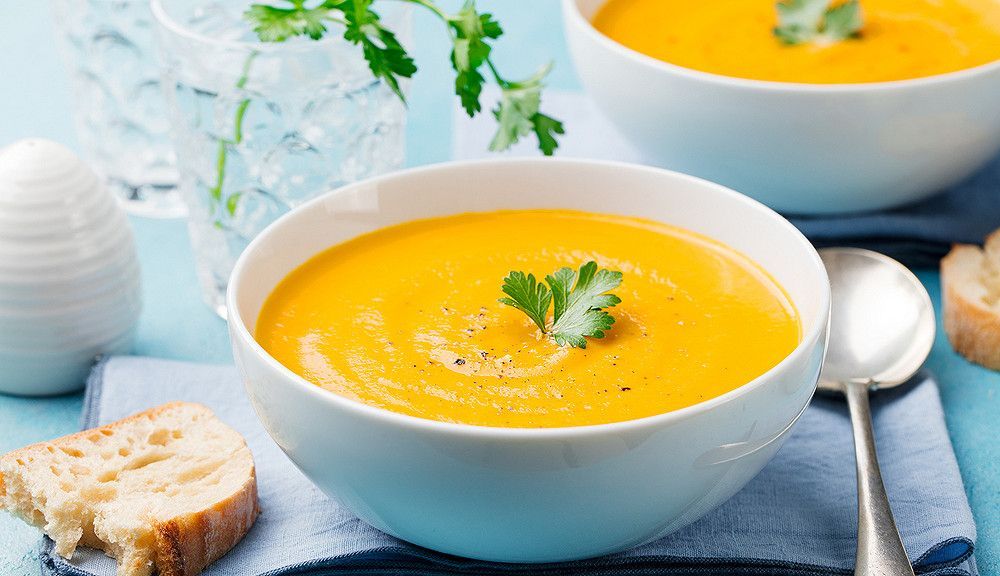Naturopathy
City skyline
Birthday Sparks
What is naturopathy?
What is naturopathy?
Naturopathy is the art of harnessing the vital force within each of us to enable our bodies to have more energy to move towards or stay on the path to health.
ThereNaturopathyis a philosophy of life.
It is an art of living that allows us to harness the vital force within each of us to enable the body to find ways to heal itself or stay healthy.
Naturopathy allows you to take charge of your health.
To do this, she uses 10 different techniques which are implemented depending on the person's vitality, temperament and environment.
I offer consultations by appointment at my office located in Boulogne-Billancourt.
Origin:
Naturos: Nature
Pathos: Illness
That is, to heal by nature or in the sense of nature.
It is a method that restores health and maintains it by eliminating the root cause of it.
Naturopathy will take the individual as a whole according to their temperament and lifestyle habits.
We are talking about a holistic approach.
To help her get back on the path to health, she uses only natural methods.
General principles:
Naturopathy is based on an individual's life force. This is stored in the endocrine and nervous systems. These two systems regulate the homeostasis of our body.
For this strength to be optimal, it is necessary to correctly promote natural health factors, namely:
- Food (solid, liquid, gaseous)
- Elimination (opening the emunctories, e.g. physical exercises)
- Recharge (sun, light, rain, sounds, smells...)
- Recharge your batteries (sleep, rest, nap, etc.)
- Maintaining a balance between the mental and the physical...
The different techniques:
Naturopathy encompasses 10 natural techniques which are the tools of the naturopath that he uses and chooses according to the vital force of an individual, his temperament and his environment:
• Food (nutrition and dietetics)
• Breathing
• Stress management
• Massages
• Hydrotherapy (baths, sauna, etc.)
• Phytotherapy and Aromatherapy
• Reflexology
• Energy techniques (Reiki, Shiatsu, etc.)
• Vibrational techniques (Bach flowers, lithotherapy)
• Physical exercises
The regulations:
Naturopathy is recognized by theWHO (World Health Organization)As a traditional medicine, it is a discipline that is already regulated in many countries.
Examples of countries where naturopathy is recognized:
Germany, United Kingdom, Sweden, Switzerland, Denmark, Norway, Ireland, Netherlands, Sweden...
The profession of naturopath is legalized in Australia, 13 states in the United States, South Africa, English-speaking Canada, etc.
As far as France is concerned, a ministerial group is currently working on the subject.
NATUROPATHY = The science of humors
Hippocrateis at the origin of this philosophy,
It was Hippocrates, around 465 BC, who was the first to study the importance of humors, that is, the liquids that make up our body (extracellular fluids, lymph and blood).
This approach is fundamental for the naturopath since the body is made up of 70% water.
All organs in the body are affected by the activity of humors. Humors are therefore our terrain.
What is disease according to Hippocrates?
For him, illness is a reactive phenomenon: "the body makes an illness to heal itself."
Similarly, the disease is a surface manifestation of humoral fouling. It is a crisis of the emunctories (liver, intestines, kidneys, lungs and skin).
Pasteur himself recognized that the microbe is nothing but the terrain is everything.
In fact, a microbe and a virus behave differently depending on the state of contamination of the organism in which it is found.
According to theOrganization of Natural Medicine and Health Education, OMNES,The 5 principles of naturopathy, established by Hippocrates, are:
• First of all, do no harm (primum non nocere)
• Nature is healing (vis medicatrix naturæ)
• Identify and treat the cause (tolle causam)
• Detoxify and purify the body (deinde purgare)
• Naturopathy teaches (docere)
The naturopath's approach:
A naturopath, unlike a doctor, does not treat illnesses or make diagnoses.
He can work in collaboration with the latter, but has a very different, complementary role. Many doctors refer some of their patients to a naturopath after seeing them.
The naturopath will seek to maintain or restore health by natural means, in particular by seeking to implement the patient's self-healing abilities.
To do this, he will have previously made a global assessment of health factors, to estimate the level of vitality and possible deficiencies of the person who comes to see him. He will therefore ask many questions to find out about his client's lifestyle, for example, he will seek to know if he does sport, if he has a stressful job, he will try to learn more about his type of diet, etc.
Depending on the answers obtained, the naturopath will position himself as a "health educator" and will give advice with the aim of his client regaining or maintaining his state of health.
"We don't get sick, we become sick."
Hippocrate
Rates:90€Initial Naturopathy Consultation
75€Follow-up consultations




